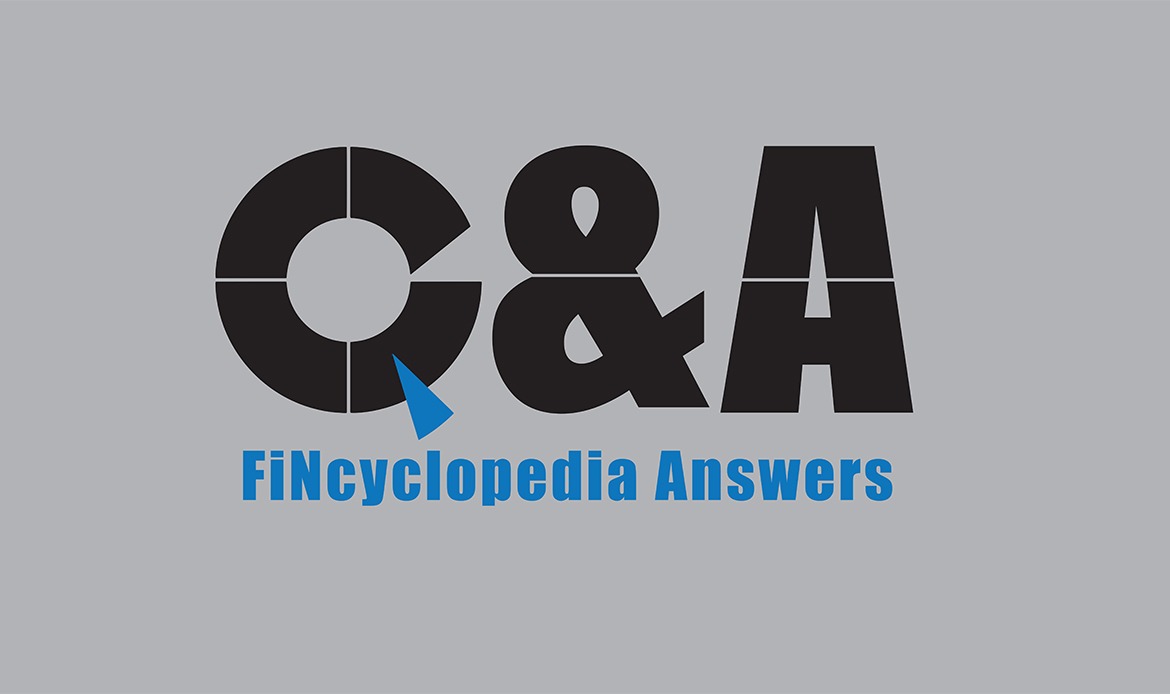An Islamic bank typically uses modes of financing and investment that are derived from shari’a and the Islamic system. Financial intermediation is the primary function of a bank, including an Islamic bank. This involves the mobilization of funds from savers and the provision of these funds to investors (entrepreneurs) and consumers. In Islamic banks, this process is done on the basis of shari’a-compliant contracts that have nothing to do with interest-based (ribawi) lending and borrowing.
The main accounts of an Islamic bank are:
- Murabaha receivables.
- Ijarah assets.
- Istisna’ financing.
- Salam financing.
- Deferred payment receivables.
- Musharaka financing.
- Mudaraba financing.
- Investment account holders (IAHs).
- Investment income (revenues from investment).
- Financing income (revenues from financing).
- Profit paid to depositors (investment account holders).





Comments